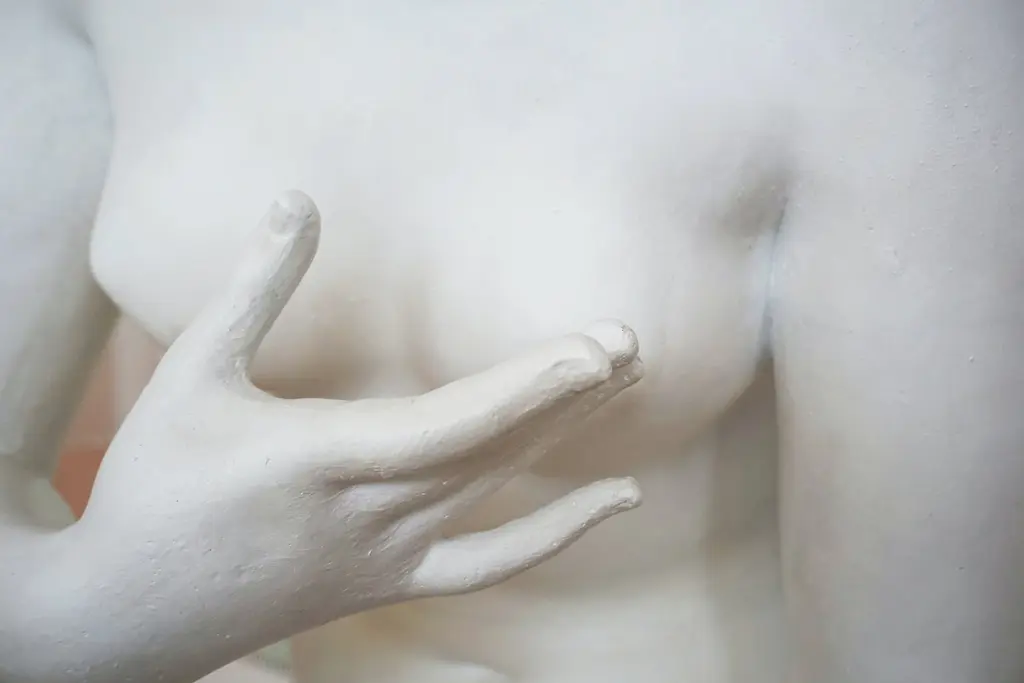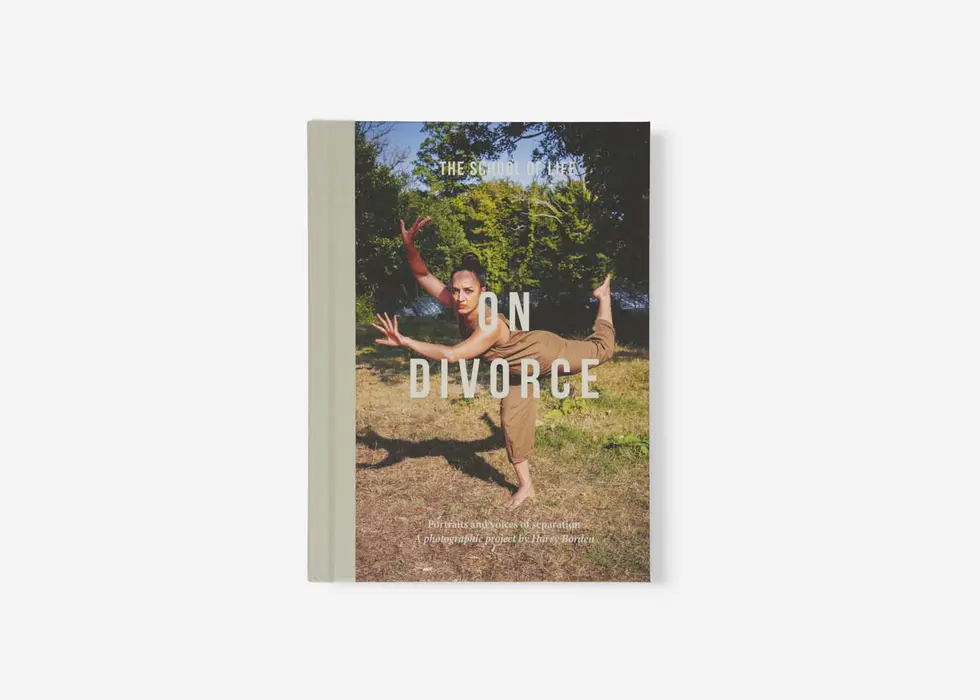Relationships • Finding Love
True Love Begins With Self-Love
With one exception, no animal is capable of hating itself. That exception, of course, is human beings. It’s one of the strangest, and most regrettable, flaws in our condition. This tendency to self-hatred is not only destructive of our spirit; it constantly undermines our efforts to establish workable relationships. It is logically impossible to allow anyone else to love us insofar as we remain obsessed by the thought of our own loathsome natures. Why let another think better of us than we think of ourselves? If anyone did step forward and tried to be kind to us, we would have to despise them with the intensity owed to all false flatterers.
It therefore turns out that one of the central requirements of a good relationship is — surprisingly — a degree of affection for our own natures, built up over the years, largely in childhood. We need a legacy of feeling very deserving of love in order not to respond obtusely and erratically to the affections granted to us by adult partners. Without a decent amount of self-love, the love of another person will always be prone to feel sickening and misguided — and we will self-destructively — though unconsciously — set out to repel or disappoint it. It is simply more normal and bearable to be rejected.
If we are at the self-hating end of the spectrum, we should not continue to imagine that love could be easy, even if the most accomplished person were to enter our lives, indeed, especially if they were to make the error of doing so. Our underlying disgust at our own being would only create a harrowing conflict. We would recognise that another was offering us their deep affection but, in the secret folds of our souls, we could only be certain of a mistake or delusion. We would have to reject, recoil, not follow up, push away and in a thousand small and large moves, ensure that a lover would eventually have to align their view of us with our view of ourselves.
To begin to counterbalance the hatred, we have to learn to extend compassion to ourselves for our self-lacerating impulses; and remember that how we feel about ourselves is — we can be certain — a bitter legacy of how other people, at a formative age, viewed and treated us.
The adult process of recovery involves gasping that we have indeed absorbed unduly harsh ideas about who we are, but that it is entirely in our power to begin to counteract them by imagining how a better care giver might have supported us in the past — and how a kind lover might help us in the future. An ideal, compassionate figure at the start would have known never to equate lovability with perfection, they could have cared for us despite out coming last in the race, our missteps and our confusions.
The phrase ‘self-love’ misleads us when we imagine that searching for it would mean striving to acquire a conceited, pompous view of ourselves. True release from self-loathing tends to be a great deal more modest: we are only after a sane, fair and more accurate perspective on our ordinary earthly nature. We can with kindness and good humour accept that being silly is entirely normal; wasting opportunities is universal; average sexuality is to be expected. Self-love shouldn’t be predicated on the competitive idea that we must pull off extraordinary feats of courage or intelligence. True love is only ever the compassion of the fallen for the fallen; it’s the search by one radically imperfect being to express their tenderness at the sight of the struggles and pains of another. We should — henceforth — allow ourselves enough self-love to be able to endure a little kindness.



























